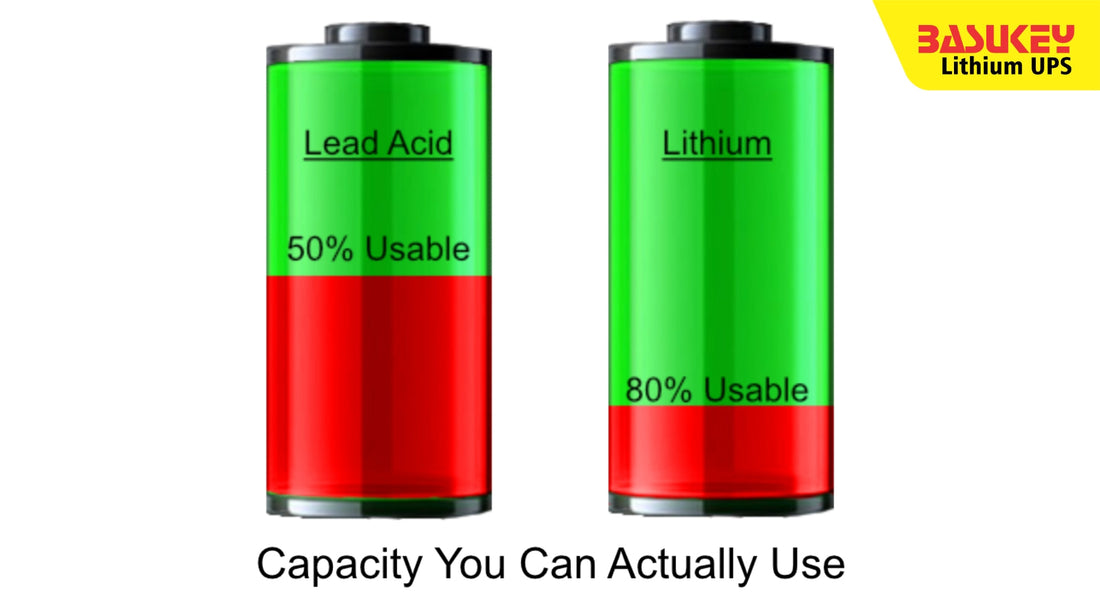
Lithium vs. Lead-Acid UPS: Which One is Right for You?
Share
When it comes to choosing the right Uninterruptible Power Supply (UPS) for your needs, the decision between lithium and lead-acid batteries can be crucial. Each type of battery has its own set of advantages and disadvantages, so it's important to understand the differences before making a decision.
What are the key differences between lithium and lead-acid UPS batteries?
Lithium batteries are known for their high energy density, lightweight design, and longer lifespan compared to lead-acid batteries. On the other hand, lead-acid batteries are more cost-effective and have a proven track record of reliability.
Which battery type offers better performance?
When it comes to performance, lithium batteries outshine lead-acid batteries in several key areas. Lithium batteries have a higher energy density, which means they can provide more power in a smaller and lighter package. They also have a longer lifespan, with some lithium batteries lasting up to 10 years compared to the 3-5 year lifespan of lead-acid batteries.
What about cost and maintenance?
Lead-acid batteries are generally more cost-effective upfront compared to lithium batteries. However, when you factor in the longer lifespan and lower maintenance requirements of lithium batteries, the total cost of ownership may be lower in the long run. Lithium batteries also require less maintenance, as they do not need to be topped up with water like lead-acid batteries.
Which battery type is more environmentally friendly?
From an environmental standpoint, lithium batteries are considered more eco-friendly than lead-acid batteries. Lithium batteries are recyclable and have a lower environmental impact compared to lead-acid batteries, which contain toxic materials like lead and sulfuric acid.
So, which UPS battery is right for you?
Ultimately, the choice between lithium and lead-acid UPS batteries will depend on your specific needs and budget. If you prioritize performance, energy efficiency, and a longer lifespan, lithium batteries may be the better choice. However, if upfront cost is a major concern and you value a proven track record of reliability, lead-acid batteries could be the way to go.
Before making a decision, it's important to carefully consider your power requirements, budget, and long-term goals to determine which type of UPS battery is the best fit for your needs.
